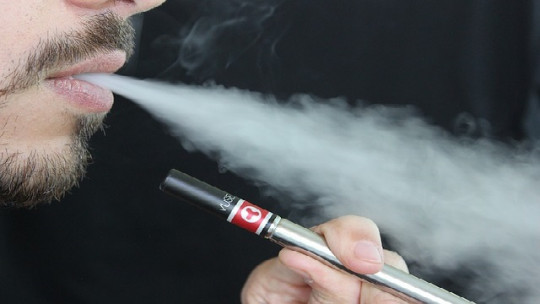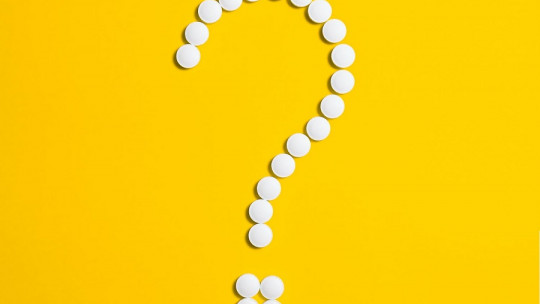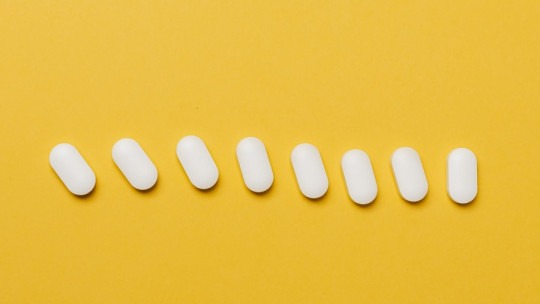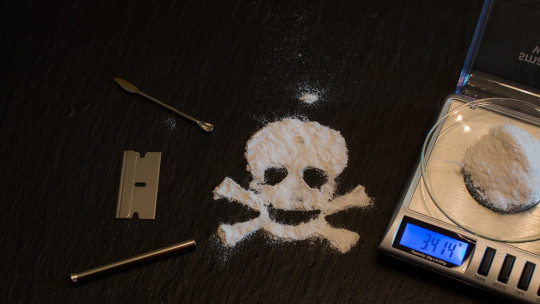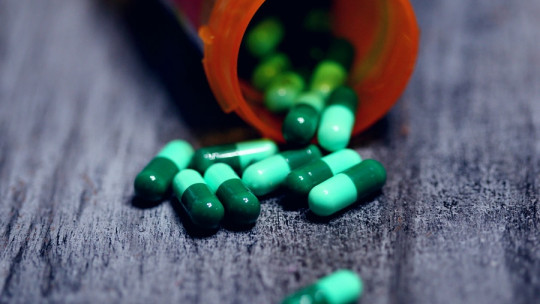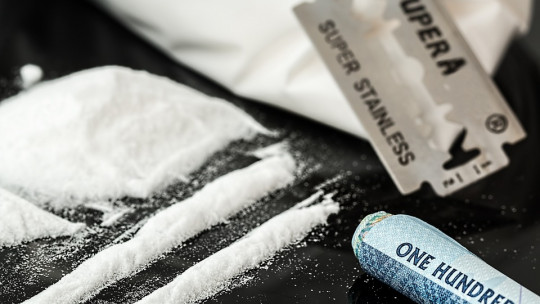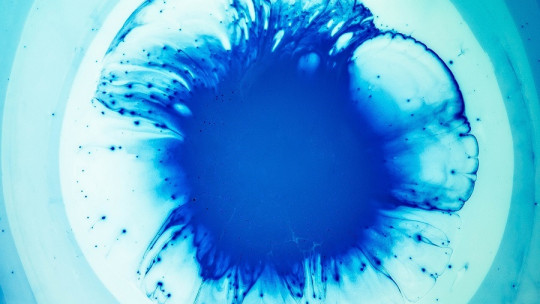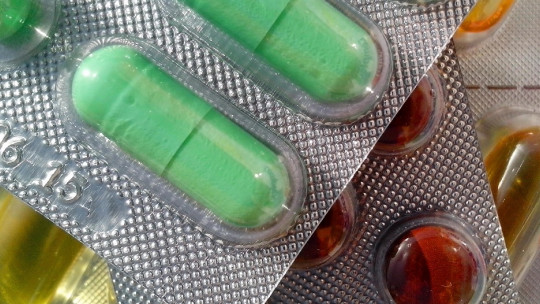
“Drugs kill” is a sentence that has been used in numerous awareness campaigns and addiction prevention. However, this phrase so heard and repeated countless times hides aspects of substance consumption and obscures the perception of this problem. What sickens, deteriorates and can kill is the way a person relates to drugs.
And when we talk about drugs, we are not only referring to the so-called hard drugs, such as cocaine or cocaine base, and we are not even talking only about illegal ones, because drugs include both illegal marijuana, alcoholic beverages, tobacco and psychotropic drugs, legal.
If we stop from the classification of substances between legal and illegal, from a legal model, the consumer is left instead of a criminal, since buying and consuming something illegal implies committing a crime. From this perspective we leave aside the ability to think of the consumer as someone who has a health problem, a desperate dependence on a substance.
Does the drug really kill?
The drug itself does nothing; neither sickens nor kills. It is a thing, inert, without life or entity, or power. It is a necessary component in an addiction due to substance use but it takes a person to choose it, use it, abuse it or depend on it.
In any case, it is worth clarifying that There are many drugs with a high addictive capacity, such as base paste or cocaine; But beyond this “power”, necessary but not sufficient, certain conditions of the person will need to be met so that in the end they enter into an addictive and dependent relationship with them.
The oft-repeated slogan “we must put an end to the scourge of drugs” demonizes it, gives it the ability to be an active agent, which, like a virus, invades a person, understood as passive.
Two examples: the case of alcohol and psychotropic drugs.
If the drug is the one that generates dependence, Just by tasting an alcoholic drink, we would all become alcoholics However, that does not happen, because it is not the drug itself that will determine this, but the relationship between the person (with social, biological, psychological, cultural factors that are intertwined) and the drink.
Now let’s talk about psychotropic drugs. In many cases, psychopharmacological treatment is necessary, but with proper professional supervision to make it really work. The great variety of psychotropic drugs for different functions opens the possibility of “solving” different concerns and problems with the simple fact of being medicated. Taking medication without treatment is like lowering the fever with a fever reducer and continuing as if nothing had happened, covering up what the body is announcing that something is not working quite right.
Not being able to sleep, feeling restless, having anxiety when being alone or surrounded by many people, being in a bad mood or acting impulsively, has a possible solution in a little pill. However, it will be much more productive and healthy not to simply cover up the symptoms, but to investigate why we cannot sleep, what is happening to us or what happened to us that we cannot tolerate being alone, why we feel these nerves when leaving the house… All these answers will not be found in compulsive pill consumption without a treatment that interrogates and heals.
Conclusion
If we consider drugs as the protagonist and culprit of addictions, first of all we dismiss other addictions that are without substances, such as addiction to sex, shopping, food, or gambling, among many others.
Secondly, think of drugs as a social, national and global scourge, leads us to see the addicted person as a passive victim and in this way we take away the responsibility for their actions and, therefore, the possibility that they have in their hands to make changes and recover.

